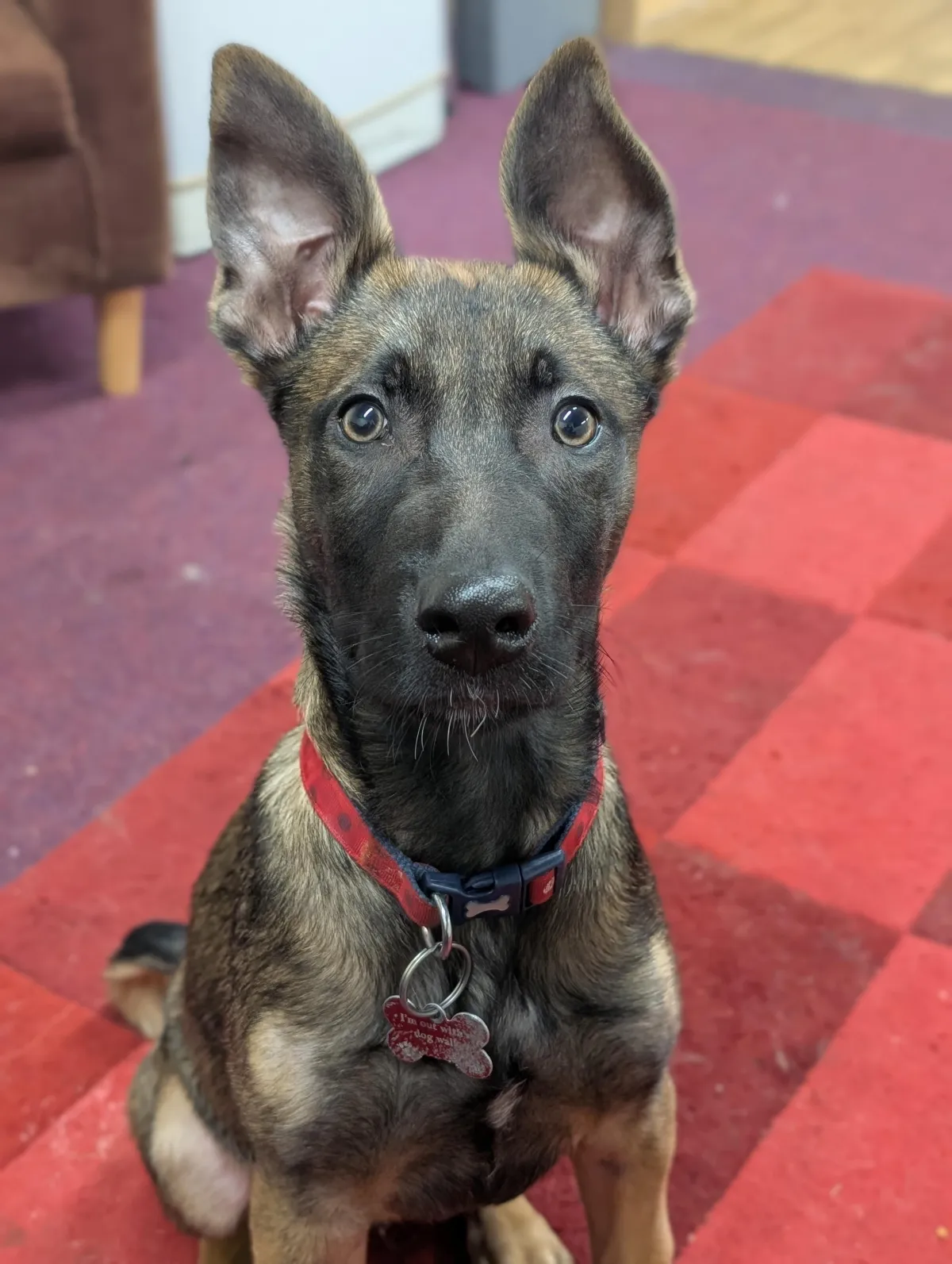
No Quick Fixes
Dog Training is a Lifelong Commitment – Not a Quick Fix
When people first get a dog, it’s easy to think of training as a short project. You do a six-week puppy class, you teach sit, down and recall, maybe a trick or two – and then you’re done, right?
Not quite.
Training is never finished. It’s an ongoing journey that lasts your dog’s whole life. And that’s not a bad thing – in fact, it’s one of the most rewarding parts of living with a dog.
Why Training Isn’t a Tick-Box Exercise
Dogs, just like us, change as they grow. What works for your bouncy 12-week-old puppy might not be enough for your 9-month-old adolescent who’s suddenly discovering the world is full of distractions!
Even once the “teenage phase” passes, life keeps moving:
New experiences – maybe you move house, add another pet, or welcome a baby.
Different environments – walks, cafes, competitions, or just new people visiting your home.
Ageing – as dogs get older, their physical ability, comfort, and pace of life change too.
Each stage requires patience, guidance, and a willingness to adapt.
Training as Part of Everyday Life
Training isn’t about clocking in for a class once a week – it’s about the little things you do daily. Asking for a sit before dinner, rewarding calmness around the door, practising recall on walks, or reinforcing a trick just for fun.
These small, consistent moments are what shape your dog’s behaviour and build your relationship. It’s not about perfection – it’s about connection.
The Benefits of Lifelong Training
Committing to ongoing training means:
Stronger bond – you and your dog learn to understand and trust each other deeply.
Life skills – your dog learns to navigate our busy human world with confidence.
Enrichment – training gives your dog mental stimulation and keeps life exciting.
Adaptability – you’re both better equipped to handle changes and challenges.
And perhaps most importantly, training together is fun! Every new skill or trick you teach adds joy to your relationship.
Enjoy the Journey
Rather than asking “When will my dog be trained?”, it’s better to think of training as a lifelong journey. It doesn’t mean endless struggle – quite the opposite. It means more chances to play, connect, and celebrate wins, big and small.
So whether your dog is a puppy, an energetic teenager, or a wise old soul, keep training, keep learning, and keep enjoying the process. The relationship you build will be worth every bit of effort.
